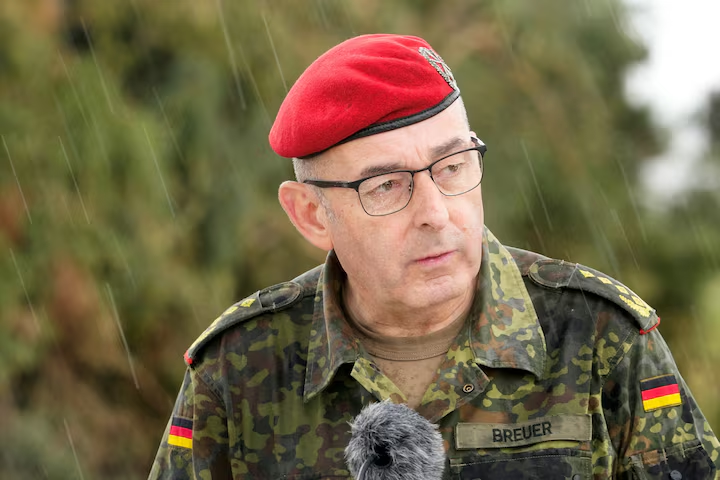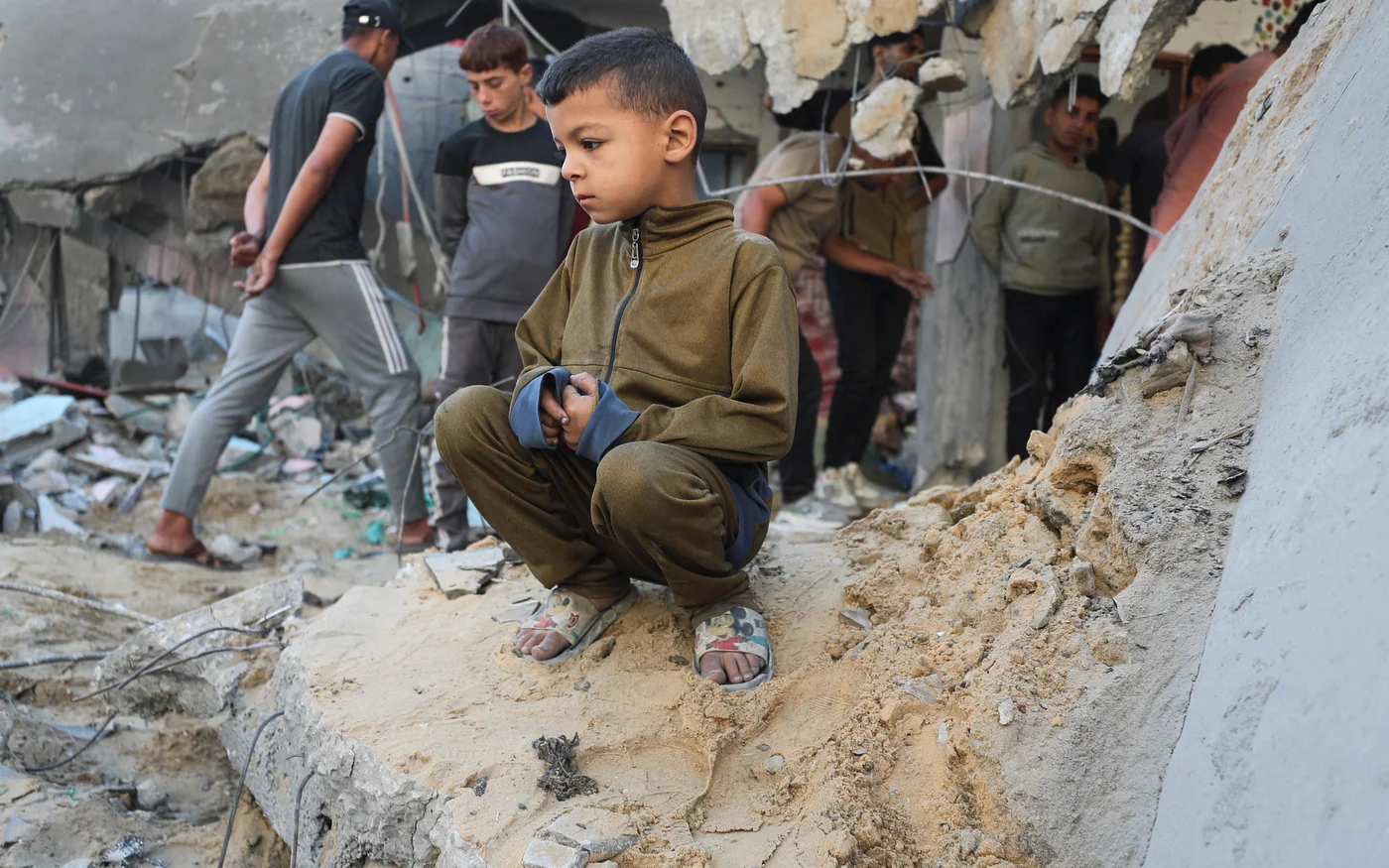Germany’s top military official has ordered an accelerated buildup of the country’s warfare capabilities, citing the urgent need to modernize and prepare the Bundeswehr for potential high-intensity conflicts in Europe and beyond. The directive, issued on May 25, 2025, reflects Berlin’s increasingly assertive posture amid rising geopolitical tensions and renewed focus on collective defense within NATO.
General Carsten Breuer, Inspector General of the German Armed Forces, emphasized that Germany must be prepared to defend itself and its allies without delay, calling for swift procurement, expanded training, and deeper integration with NATO planning structures.
“We must become fast, ready, and resilient — not just on paper, but in the field,” Breuer stated. “Our credibility as a security guarantor is at stake.”
🛡️ Core Focus Areas
The defense order outlines an immediate focus on several critical areas:
- Air and missile defense systems, including enhanced Patriot and IRIS-T deployments
- Expansion of heavy armor and mechanized infantry capabilities
- Modernization of command-and-control systems, with AI and real-time battlefield networks
- Increased investment in cybersecurity and electronic warfare tools
- Boosted stockpiles of ammunition and spare parts for sustained combat operations
💶 Funding and Strategic Shift
Germany has significantly increased its defense budget since Russia’s invasion of Ukraine in 2022, pledging over €100 billion in special defense funds and committing to meet NATO’s 2% of GDP spending target. While past efforts were slow-moving, Breuer’s new directive signals a shift from rhetoric to rapid implementation.
“There is no more time for excuses,” a senior defense official told Reuters. “Germany has to move from post-Cold War complacency to full-spectrum readiness.”
🌍 NATO and European Security Context
The timing of Breuer’s order aligns with growing NATO concerns over Russia’s military posture, uncertainty over U.S. security commitments, and ongoing instability in Eastern Europe and the Baltic region. Germany, as Europe’s largest economy, is under increasing pressure to play a leading military role, not just a financial one.
The directive also comes ahead of the NATO summit, where member states are expected to present updated national defense readiness plans and outline collective deterrence strategies.
🔍 Domestic and Political Implications
While there is cross-party support in Germany for defense modernization, public skepticism remains, particularly over long-term military engagements and increased defense spending. Environmental and pacifist groups have warned against militarization at the expense of social spending, while conservative leaders say the Bundeswehr must be “war-ready, not just war-aware.”
“Security is freedom’s foundation,” said Defense Minister Boris Pistorius. “Without credible defense, peace is an illusion.”
⏭️ What to Watch
- Procurement of key systems like Eurofighters, Leopard tanks, and drone fleets
- Progress in joint EU defense initiatives, including PESCO and Eurodrone
- Germany’s expanding role in NATO deployments in Lithuania, Poland, and the Black Sea
- Political debate over conscription or expanded voluntary service
- Public opinion shifts amid ongoing global conflicts
With General Breuer’s directive, Germany signals that it is no longer content to be a logistical backbone of NATO — it is preparing to become a frontline actor in Europe’s defense. The question now is not just how fast it can adapt, but whether Europe is ready for the return of hard power politics.
Source; Reuters



